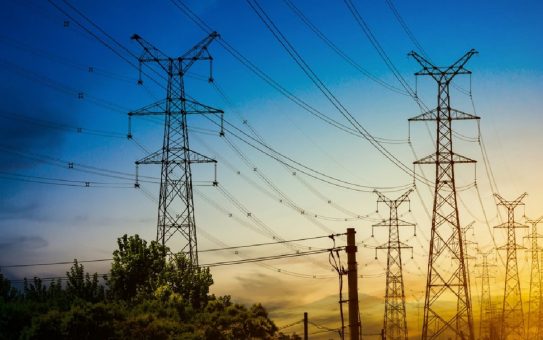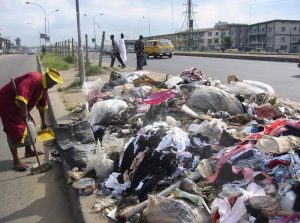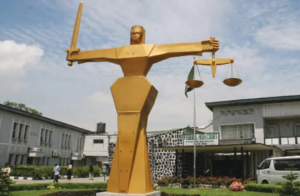
The Chairman of the Economic and Financial Crimes Commission (EFCC), Ola Olukoyede, has attributed Nigeria’s persistent electricity issues to corruption within the power sector. During a meeting with the House Committee on Anti-Corruption and Financial Crimes in Abuja, Olukoyede revealed that EFCC investigations uncovered widespread use of substandard materials by contractors. He explained that many contractors supplying electrical equipment use inferior materials, causing frequent equipment failures, power outages, and national grid collapses.
Olukoyede emphasized that many awarded contracts use materials below standard, citing examples where contractors opted for cheaper, lower-gauge materials. “This is part of our problems,” Olukoyede noted, describing the emotional toll of reviewing the findings.
The EFCC’s investigations also exposed a broader issue in capital project implementation. Over the past two decades, capital projects have seen less than 20% completion, a situation Olukoyede says limits Nigeria’s infrastructure and economic growth. He emphasized a new goal to work with the National Assembly to reach 50% capital project execution, underscoring that without it, progress will remain stagnant.
Olukoyede disclosed that the EFCC has received over 17,000 petitions in the last year and is actively investigating more than 20,000 cases. Despite the EFCC’s limited staff of fewer than 5,000, the agency has managed to open 4,800 new cases within the past year.
Committee Chairman Obinna Onwusibe urged the EFCC to collaborate closely with the judiciary to expedite trials, noting that many suspects in correctional facilities have awaited trial for over a year. Onwusibe stressed the need for efficient judicial processes, reinforcing the principle that “justice delayed is justice denied.” He further encouraged the EFCC to maintain transparency, countering claims that the agency is used for political purposes.








